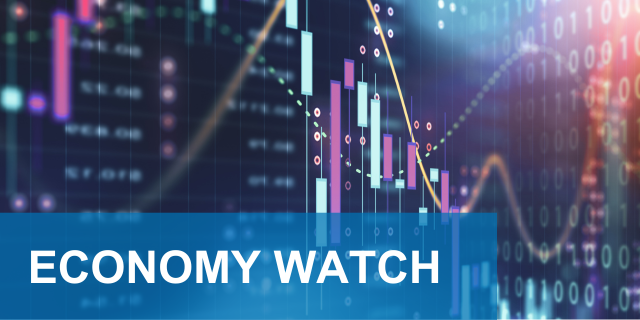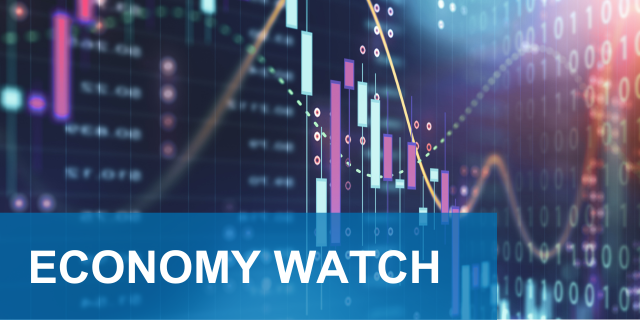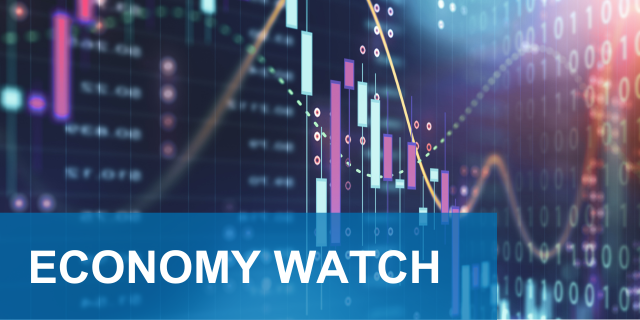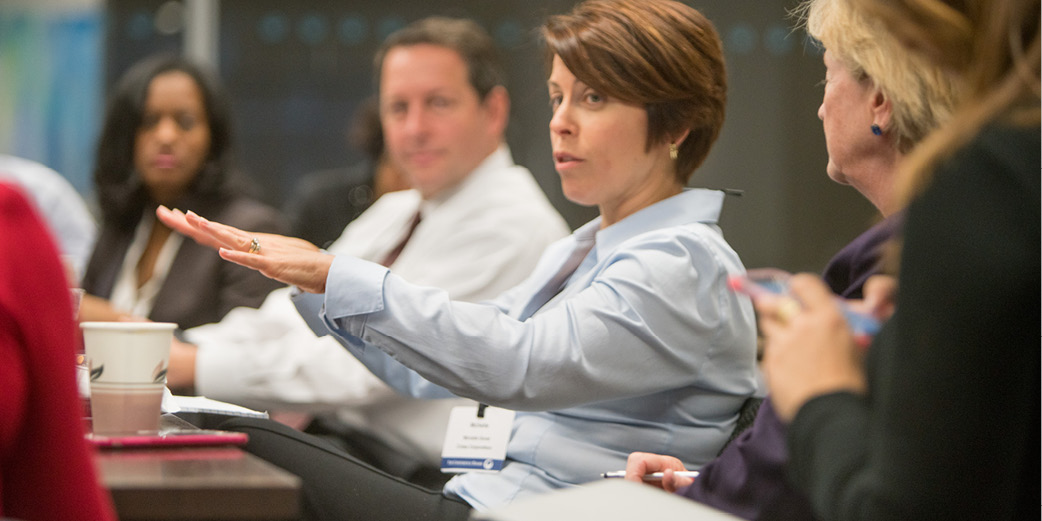Press Release
A Downsized and Uneven Labor Market
2020-05-11
The April jobs report shows a staggering loss of 20.5 million jobs, which is the largest monthly loss in recorded history. Employment dramatically dropped across almost every industry. The unemployment rate jumped to 14.7 percent, the highest since the Great Depression. The unemployment rate underestimates the amount of slack currently in the labor market. 5.1 million additional workers are now working part-time even though they prefer a full-time job. And the number of people outside the labor force grew by 6.6 million, showing many are currently discouraged to even try to find a job. Over the coming months, we should expect participation to increase again as the economy begins to open up.
The jump in average hourly earnings is not very meaningful as it rose for the wrong reasons. Large layoffs of mostly low-paid workers raised the average pay, as was the case in the Great Recession.
Dramatic as they are, the top line numbers are not very telling for what’s ahead. It is obvious that when many businesses are shut down, and many workers are not allowed to go to work, unemployment rates will skyrocket. As the economy opens, millions of people will go back to work. From that perspective, the report offers a somewhat positive statistic: A large majority, 78 percent, of the unemployed are on temporary layoff.
The report shows that some demographic groups are much harder hit than others due to the layoffs thus far. While the overall unemployment rate increased by 11.2 percentage points between February and April, this increase was 12.8 for women, 14.5 for Hispanic people, 19.3 for those age 20-24 and 20.9 for those age 16-19.
Over the past 12 months, the overall unemployment rate increased by 11.1 percentage points. This increase was just 6.1 percentage points for management, professional and related occupations, versus a 23.1 percentage point increase for service occupations. While the labor market slack increased for all types of workers, it much more dramatically increased for those without a college degree.
About The Conference Board
The Conference Board is the member-driven think tank that delivers Trusted Insights for What’s Ahead®. Founded in 1916, we are a non-partisan, not-for-profit entity holding 501 (c) (3) tax-exempt status in the United States.
For further information contact:
Carol Courter
1 212 339 0232
CCourter@tcb.org
Joseph DiBlasi
781.308.7935
JDiBlasi@tcb.org












